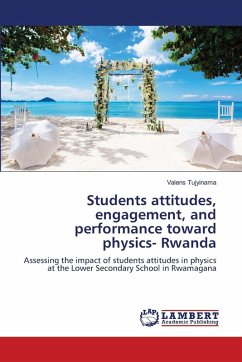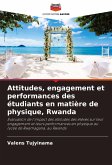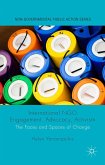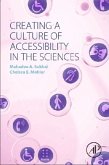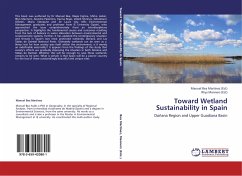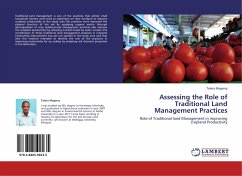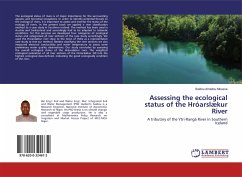The study assesses the students attitudes toward their engagement and performance in physics at lower secondary school in the Rwamagana district. It adopted a qualitative design. a purpose sampling approach were used. 245 participants participated for data collection purposes. An SPSS software was used for data analysis. its find that students needs to work hard and do extra activities as much as possible. it suggest that teachers and other stakeholders in education must control the attitude formation early (Positive attitudes) towards the subjects by using the teaching methods appropriate to the subject being taught, using the teaching strategies for enhancing and controlling student interest, motivation, eagerness, should discuss the importance of physics subject by linking them to real-world applications, real-world solving problems, and career applications, and they need to observe the reality of how physics knowledge and skills are applicable in real-life situations. Furthermore, it highlights that students need frequent reminders related to the importance of physics subject, boosting their motivation toward the subject.
Bitte wählen Sie Ihr Anliegen aus.
Rechnungen
Retourenschein anfordern
Bestellstatus
Storno

